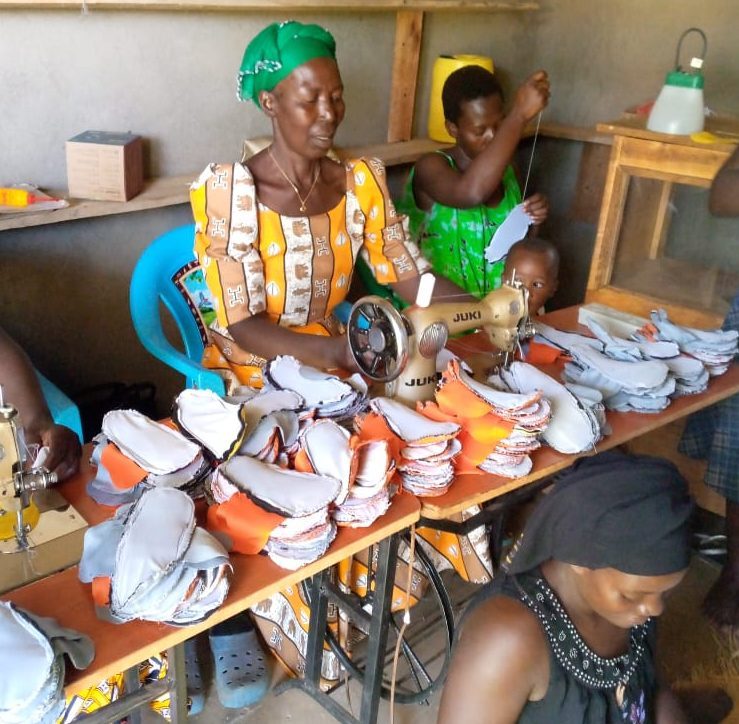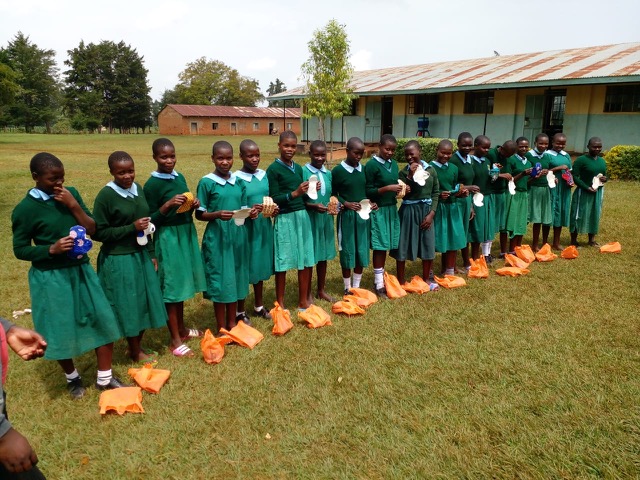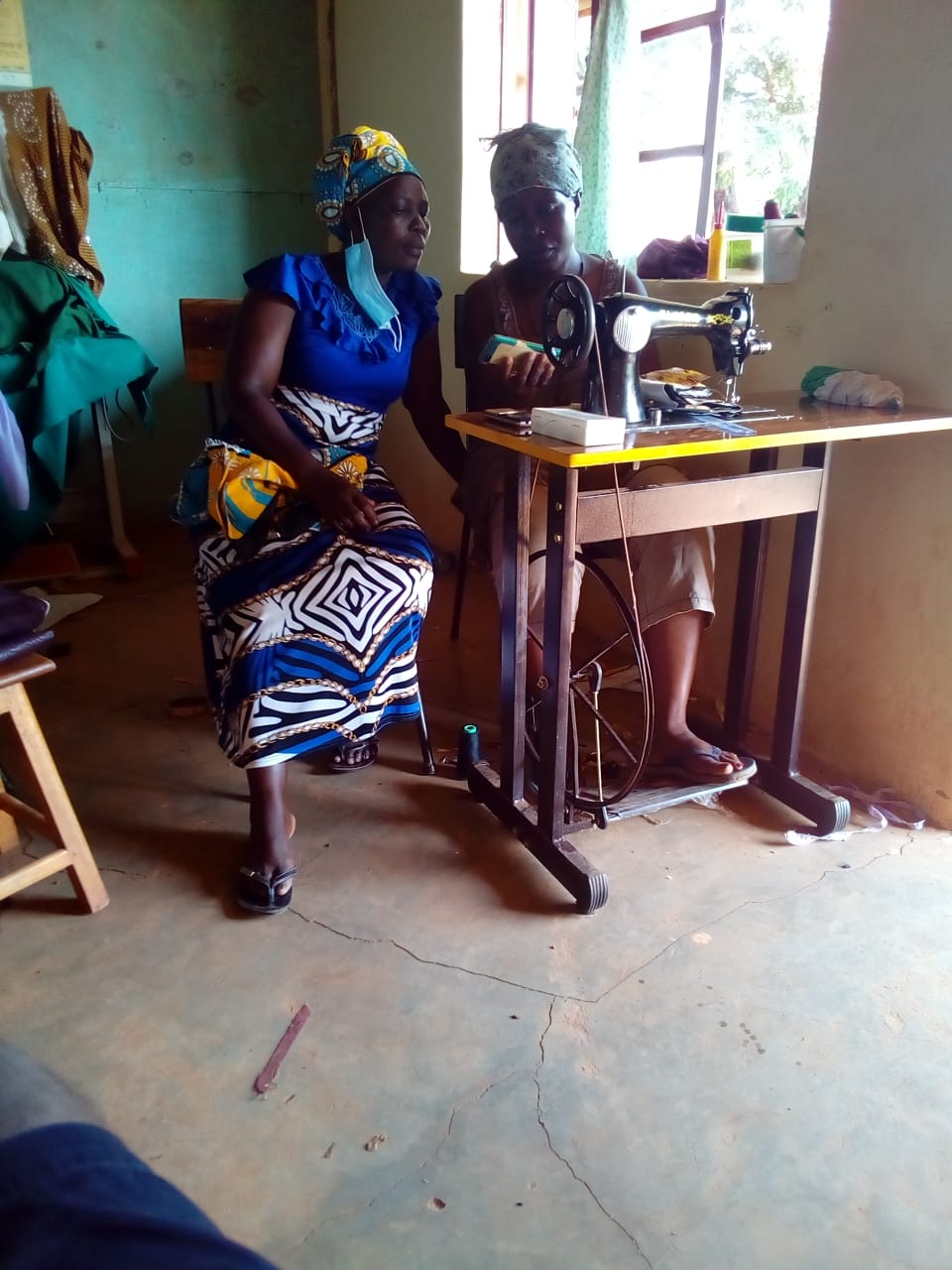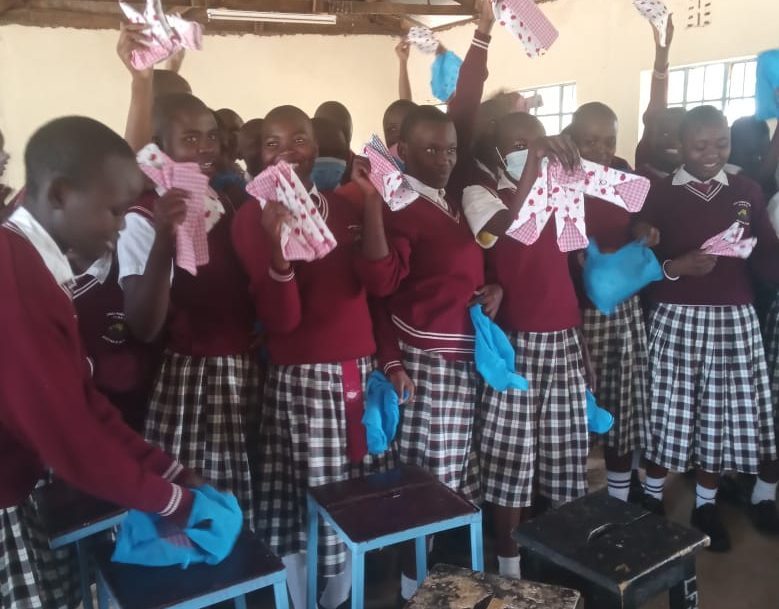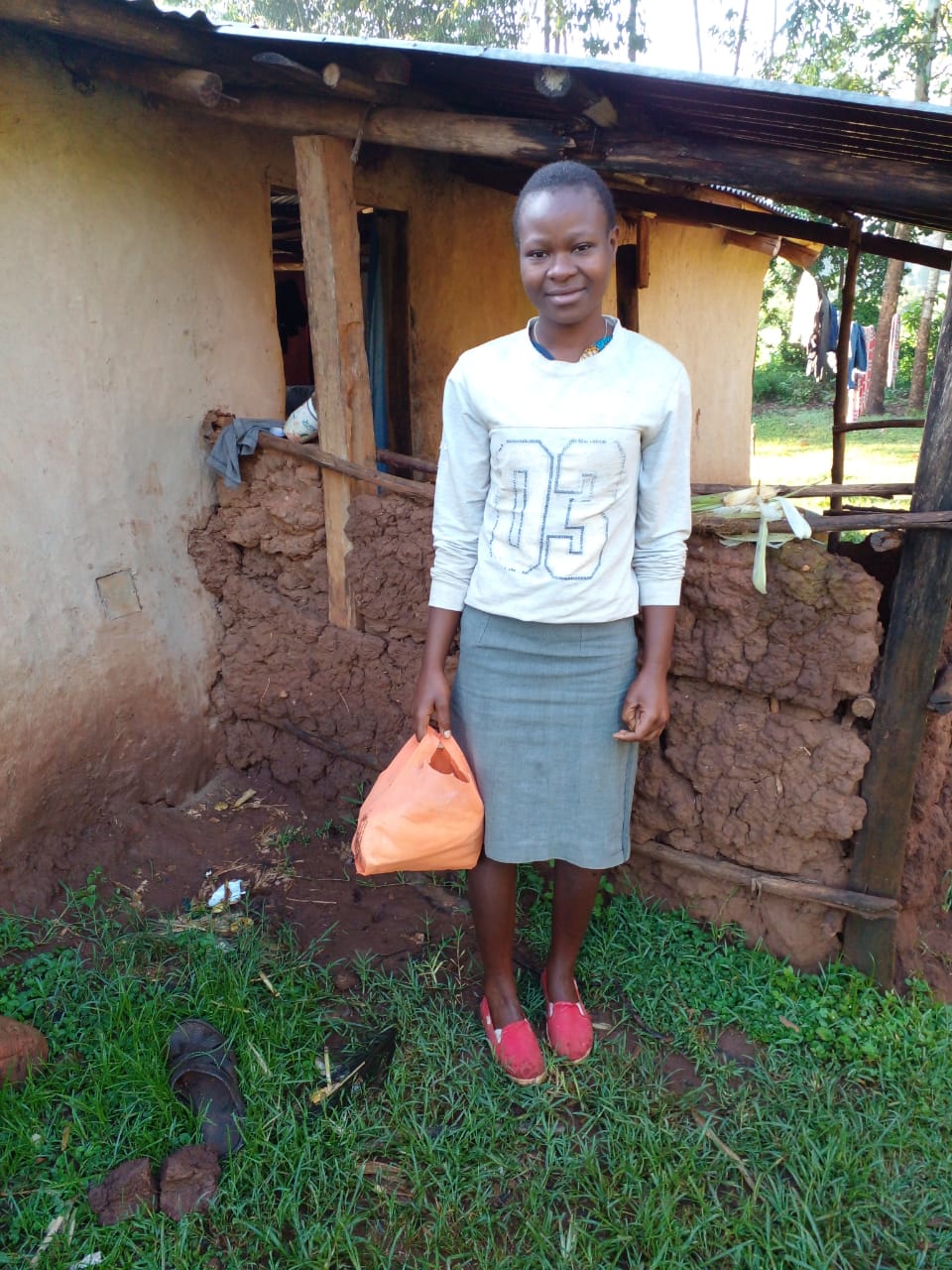What we are doing
- Working with women’s community groups, other charities and partners to provide start up funding for period pad making projects and/or businesses. These partners are training local women in sewing skills, who are then making reusable and washable pads. The most needy girls are identified and are given a pack of pads.
- Giving free pads to girls. Some projects are voluntary and community based and all the pads made are being given to girls for free. Business opportunities are also being developed where some pads are being sold. Profits can then go back into the business until an income can be taken.
- Providing grants – we give a small amount of money that will buy fabric and other tools and materials needed to make pads. For example, a grant of £150 will buy enough fabric to make hundreds of pads, and £200 will buy a heavy duty sewing machine.
Our success so far
From the initial small sanitary pad pilot project we did, we were completely overwhelmed by the amazing results. Here’s what one Headteacher of a primary school* told us:
- Absenteeism was down by 40% across the school. It’s a co-ed school, and this figure is due to girls not missing school when they have a period.
- Teenage pregnancy was down. Since they had the pads, there were no pregnancies (there were 3 in 2017). This is because girls were not having sex with boys/men for money to buy pads. We recognise that this is shocking but is sadly a fact of life.
- In the important end of school exam (KCPE), the top 5 students in the school were all girls! This is unusual as it’s normally the boys who do the best.
185 packs of pads (4 in a pack) and pants were given to schoolgirls in this school and we were keen to get some feedback on the effect that the pads were having and what the girls think of them. They said that the pads are comfortable, they don’t leak, and most importantly they are able to go to school every day. It shows the huge impact that something as simple as a sanitary pad can have on young girls’ lives and how they can actually be life changing.
*primary school in Kenya includes children up to 15 years

